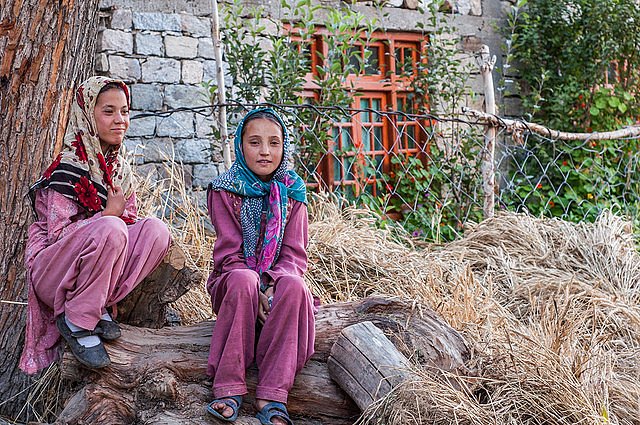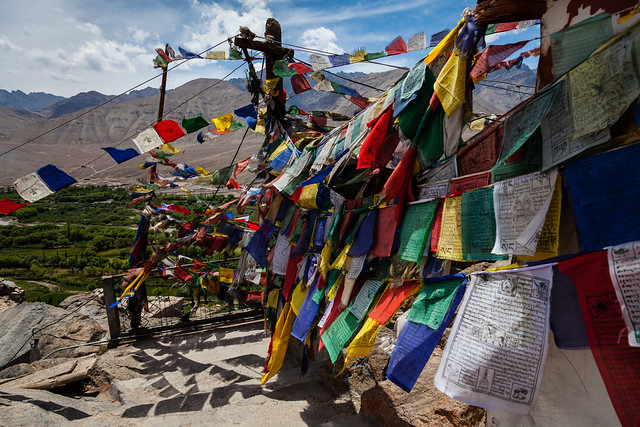Headlines around the world announced the decision by India’s government at the beginning of last week to suspend Article 370 of its constitution, which has maintained a special status for the state of Jammu and Kashmir. Posturing by India and Pakistan continued throughout the week, with both of the nuclear powers quite aware that they have fought a couple wars over Kashmir, the Muslim majority territory in the state. On Thursday, Pakistan announced that they were downgrading their diplomatic ties with India.

The subtext for most of the media coverage was, will this provoke another war? Almost lost was the separate issue: what is the fate of the Ladakhi people in all of this posturing? Ladakh has been the third, most remote, and least populous subdivision of the state, compared to the much more populous districts of Jammu and Kashmir. Fortunately, a couple news reports provide some answers to that question.
India Today covered the issue on Tuesday, August 6: not only will Jammu and Kashmir be reconstituted as a Union Territory, Ladakh will be given separate UT status as well. This appears to be welcome news to the Ladakhi people.
The Ladakh Autonomous Hill Development Councils (LAHDC) of both the Leh and the Kargil Districts of Ladakh had passed resolutions about a year ago demanding separation from Jammu and Kashmir. The councils were established to give a semblance of self-government to the Ladakhi, the LAHDC Leh in 1995 and the one in Kargil in 2003. The councils claimed that the state government in Srinagar has systematically discriminated against the poorer people in their districts.

A lot has yet to be worked out in the new union territory. While the predominantly Buddhist people of the Leh District are generally happy with the union territory decision made in New Delhi, many are disappointed that the national government has not also created a legislature for them. Tashi, a person in Leh, complained to the news magazine, “Why should we not have also been given a legislature … like J&K.”
P. Stogdan published an opinion piece on the 6th about the new UT status of Ladakh. The former ambassador and expert on strategic affairs wrote that separating Ladakh from Jammu and Kashmir was a welcome development. The new status should “integrate” Ladakh with the rest of India as a more “equal stakeholder,” he wrote. The new status recognizes the aspirations of the Ladakhi people, who have a more distinct identity, in his opinion, than the rest of the people of Jammu and Kashmir.